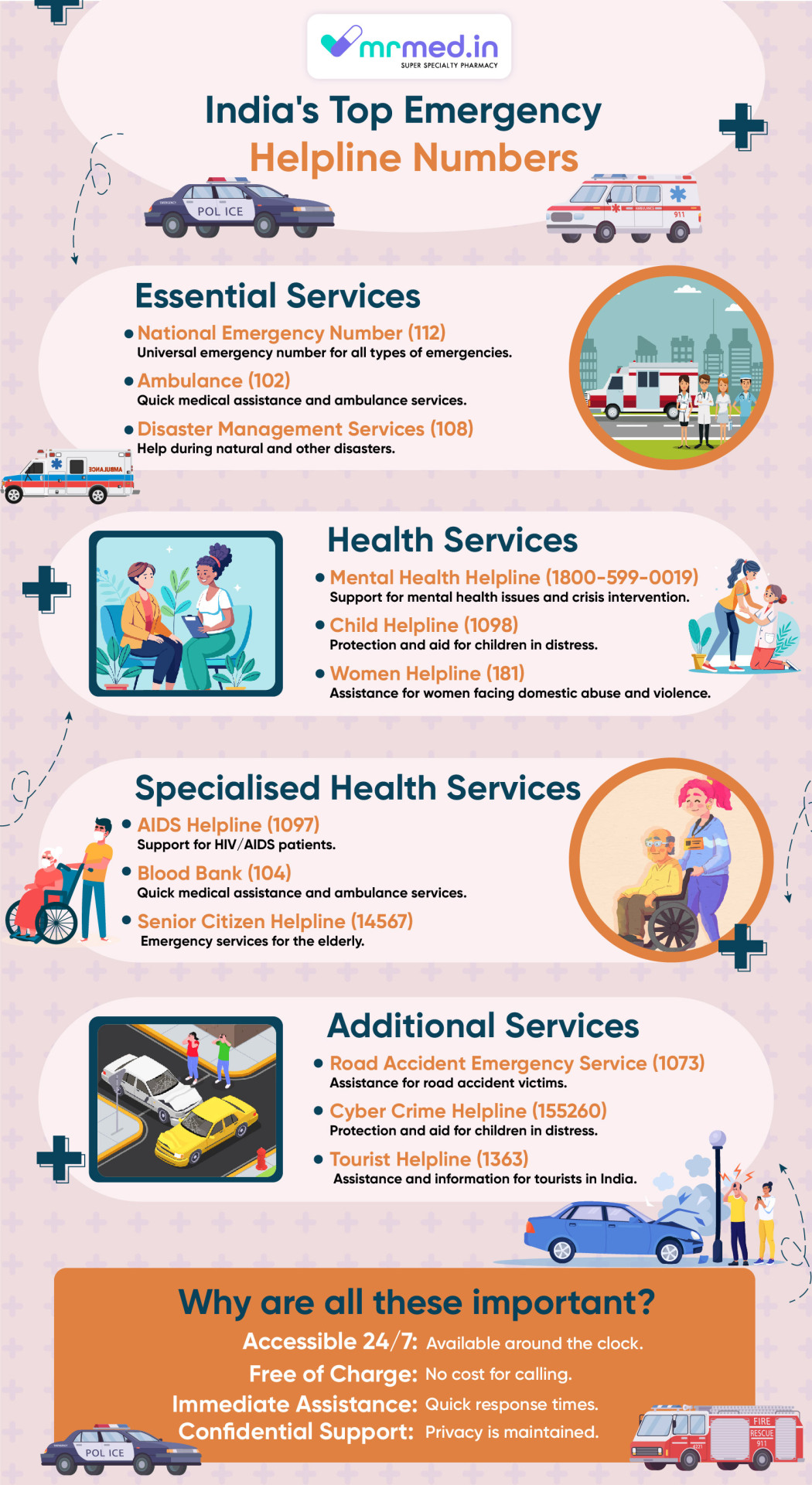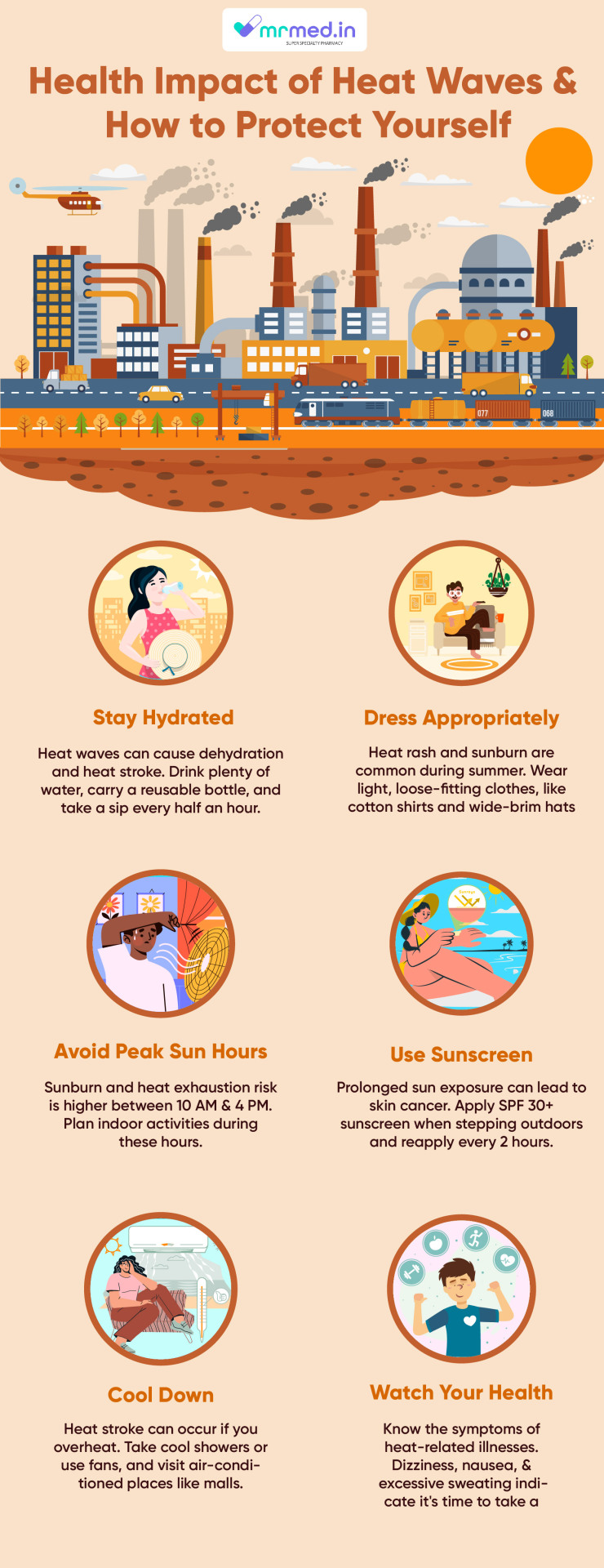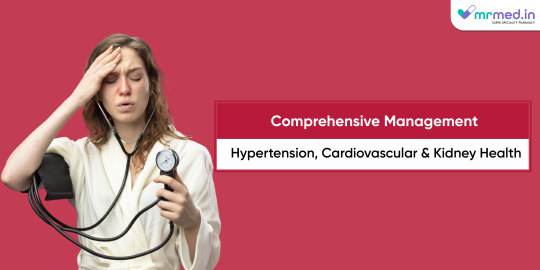Blogging Guest posting and Quality link building. Digital Marketing Manager devendrasinghdev.blogspot.com
Don't wanna be here? Send us removal request.
Text

It's my 7 year anniversary on Tumblr 🥳
1 note
·
View note
Text
My Experience with High Calcium and Hyperparathyroidism (and what's helped!)
Hey everyone, I wanted to share my story about dealing with high calcium levels (hypercalcemia) and how it's connected to hyperparathyroidism. It's been a journey, and I'm hoping my experience can help someone else out there! Basically, hypercalcemia is when you have too much calcium in your blood, and it can be a pretty serious issue. For me, it turned out to be caused by hyperparathyroidism, which I'd never even heard of before!
What is Hyperparathyroidism Anyway?
So, what IS hyperparathyroidism? Turns out, it's when your parathyroid glands (tiny things in your neck) go into overdrive and produce too much of a hormone called PTH. PTH is supposed to control calcium, phosphorus, and Vitamin D in your body, so when you have too much of it, your calcium levels go way up.
The Not-So-Fun Symptoms
I started feeling really crappy – super tired all the time, my bones ached, and I even had kidney stones (ouch!). Other symptoms I had were abdominal pain and needing to pee constantly. Honestly, I was worried because I read that if you don't get it treated, it can lead to even worse stuff like osteoporosis, kidney damage, and heart problems.
Finding Treatment
My doctor said we needed to get my calcium levels under control, and one of the treatments we discussed was medication. Specifically, they mentioned PTH 30 mg Tablet .
Experience with PTH 30 mg Tablet
So, PTH 30mg Tablet contains this stuff called Cinacalcet, and it's a "calcimimetic agent" (fancy, right?). From what I understand, it basically tricks your parathyroid glands into thinking there's enough calcium in your blood, so they chill out on producing PTH.
My doctor said it's used for a few things:
Secondary hyperparathyroidism, which can happen if you have chronic kidney disease and are on dialysis. (Thankfully, that's not my issue)
High calcium levels caused by parathyroid cancer. (Nope, not that either)
Primary hyperparathyroidism, which is what I have, especially since surgery wasn't the best option for me.
The good news is that by lowering PTH, this medicine helps get your calcium and phosphorus back to normal, which is good for your bones and kidneys!
FAQs (and what I learned!)
I had a TON of questions for my doctor, so maybe you're wondering the same things:
Is it safe? My doctor said it is, as long as you take it as prescribed and get regular checkups. They're keeping a close eye on my calcium and PTH levels.
Will it cure me? Unfortunately, no. It manages the symptoms and helps prevent complications, which is a big deal, especially since I can't have surgery right now.
How long does it take to work? My doctor said it could take a few weeks to see the effects, but everyone's different. I'm still in the early stages, so fingers crossed!
Any side effects? Ugh, yeah, there can be. Nausea, vomiting, low calcium, and muscle cramps are some of them. That's why the monitoring is so important, to catch any of that early.
My Final Thoughts
Dealing with high calcium and hyperparathyroidism is definitely a process. PTH 30 mg Tablet seems to be a good option, especially if you have kidney issues or can't have surgery. But the biggest takeaway for me is that you HAVE to listen to your doctor and go to all your appointments to make sure the treatment is working and you're safe.
I hope sharing my story helps someone else who's going through this!
References
Mayo Clinic – Hyperparathyroidism
#Hyperparathyroidism#hypercalcemia#high calcium levels#PTH 30 mg Tablet#Pth 30mg Tablet#Cinacalcet#Pth 30mg#hyperparathyroidism medicine#parathyroid hormone#hypercalcemia medicine
2 notes
·
View notes
Text
Managing Autoimmune Arthritis With The Right Care
Are you feeling tired of constant joint pain and stiffness? Living with autoimmune arthritis can be challenging, but there’s hope. Thanks to advances in medicine, effective treatments now offer relief and better quality of life. Whether you’ve recently been diagnosed or have been managing autoimmune arthritis for years, understanding your options is essential. This guide breaks down treatments and medications to help you conquer the daily struggles of autoimmune arthritis.
What is Autoimmune arthritis?
Autoimmune arthritis is a condition where the body's immune system mistakenly attacks healthy joints, causing inflammation, pain, and damage. One of the most common types is rheumatoid arthritis, but there are others like psoriatic arthritis and lupus. What sets autoimmune arthritis apart from other forms of arthritis is the immune system's role in attacking the body's own tissues, resulting in chronic joint pain and discomfort.
How is Autoimmune arthritis diagnosed?
Autoimmune arthritis can be tricky to diagnose because its symptoms often overlap with other conditions. To identify the problem, doctors will usually start with a physical exam and order blood tests to look for inflammation markers, like the presence of rheumatoid factor (RF) or anti-cyclic citrullinated peptide (anti-CCP) antibodies. X-rays, MRIs, and ultrasounds may also be used to assess joint damage.
What are the main treatment options?
Treatment for autoimmune arthritis focuses on reducing inflammation, controlling symptoms, and preventing joint damage. The right treatment plan will depend on the type and severity of arthritis you have, but generally, it includes:
Medications: Non-steroidal anti-inflammatory drugs (NSAIDs), corticosteroids, and Disease-Modifying Antirheumatic Drugs (DMARDs) are usually prescribed to manage symptoms and slow the disease's progression.
Physical Therapy: Regular physical activity and exercises can help improve mobility and reduce stiffness. Professionals tailor exercises to strengthen muscles around the joints and maintain flexibility.
Lifestyle Changes: Maintaining a healthy diet, staying active, and managing stress are crucial in managing autoimmune arthritis. These habits can complement medications and therapies for better results.
How do TNF inhibitors help in Autoimmune arthritis treatment?
TNF (tumour necrosis factor) inhibitors are a game-changer in autoimmune arthritis treatment. They work by blocking a protein called TNF-alpha, which is responsible for inflammation in the joints. By preventing this protein from binding to cells, TNF inhibitors help reduce inflammation and slow down the progression of joint damage.
One common medication in this class is Enbrel 25mg Injection, which has helped many patients with rheumatoid arthritis manage their symptoms more effectively. Patients who respond well to TNF inhibitors often experience reduced joint pain, swelling, and stiffness, allowing them to lead more active lives. However, like all medications, TNF inhibitors are not without side effects, and it’s important to discuss with your doctor whether they’re right for you.
Can diet and lifestyle changes help?
Absolutely! While medicines play a critical role in managing autoimmune arthritis, lifestyle choices can also have a significant impact. Here are some tips to complement your treatment plan:
Anti-Inflammatory Diet: Certain foods can help fight inflammation, like salmon, leafy greens, berries, nuts, and olive oil. Avoid processed foods, sugary drinks, and excessive alcohol, which can worsen inflammation.
Regular Exercise: Low-impact exercises like swimming, walking, and yoga can improve flexibility and reduce joint stiffness. Physical activity also boosts mental health, which is vital for managing chronic conditions.
Stress Management: Chronic stress can trigger flare-ups of autoimmune diseases. Meditation, journalling and deep breathing can help lower stress levels, reducing the likelihood of an arthritis flare-up.
Are there natural remedies for autoimmune arthritis?
While natural remedies alone can’t replace conventional treatments, they may offer additional relief. Some people find that supplements like turmeric (known for its anti-inflammatory properties), omega-3 fatty acids, and glucosamine can help manage arthritis symptoms. Always talk with your doctor before trying any new supplements to ensure they won’t interfere with your current treatments.
How can you manage Autoimmune arthritis flares?
Flares, or sudden increases in symptom severity, are common in autoimmune arthritis. Managing flares involves being proactive about your health:
Medication Adherence: Stick to your prescribed medications even when you feel well to prevent future flares.
Track Symptoms: Keeping a journal of your symptoms can help you identify potential flare triggers, such as stress, poor sleep, or diet changes.
Rest When Needed: During a flare, it’s important to rest and avoid overexerting your joints. That said, balance is key—prolonged inactivity can lead to stiffness.
What to keep in mind going forward
Autoimmune arthritis doesn’t have to control your life. By understanding your treatment options, you can take charge of your condition and live a fulfilling life. Whether you're using TNF inhibitors or focusing on an anti-inflammatory lifestyle, combining medical care with self-care strategies is the best approach.
Keep working closely with your healthcare team, maintain healthy habits, and stay informed about your condition. Autoimmune arthritis may be a long-term challenge, but with the right tools and mindset, you can manage it effectively and enjoy life to the fullest.
#Autoimmune Arthritis#health#arthritis#joint pain#rheumatoid arthritis#pain management#psoriatic arthritis#NSAIDs#Antirheumatic Drugs
0 notes
Text

From urgent medical care to safeguarding women, children, and older people, these helplines are more than just phone numbers. For Top Emergency Helpline Numbers visit #medicalcare #helpline #Emergency #helplinenumbers #112 #police #Ambulance #AIDSHelpline #blood #death #childhealth #womensecurity #health
0 notes
Text
How to Prevent Hair loss During Monsoons?

How to Prevent Hair Loss During Monsoons? Here are seven tips to get started with: 1. Keep Your Hair Dry: 2. Opt for a Gentle Shampoo: 3. Maintain a Balanced Diet: 4. Regular Trimming:5. Avoid Tying Your Hair Tightly: 6. Use Natural Hair Masks: 7. Consult with a Specialist:
0 notes
Text
Top 10 Summer Salads Loaded with Anti-Inflammatory Ingredients

Enjoy a vibrant array of summer salads brimming with anti-inflammatory ingredients that promote health and delight the palate. Start with a quinoa and avocado salad, bursting with the benefits of healthy fats and fiber. Indulge in a berry and spinach salad, combining the antioxidant power of blueberries, strawberries, and leafy greens. Relish a turmeric-spiced chickpea salad for a touch of the potent anti-inflammatory spice. A Mediterranean-inspired salad with tomatoes, cucumbers, olives, and red onions offers a refreshing bite. Include a nutty kale and walnut salad, a zesty lemon-dressed arugula salad, and a sweet and tangy mango and black bean combo. Experiment with a beet and citrus salad, packed with vitamins and minerals. Finally, savor a ginger-infused carrot and cabbage slaw, and a hearty sweet potato and lentil salad, each packed with nutrients and anti-inflammatory properties, perfect for a summer feast.
#strawberries#cucumbers#olives#summer salads#quinoa#avocado salad#antioxidant#turmeric#walnut salad#salad#fruit salad#healthy salad recipes#Healthy salad
0 notes
Text
10 Mental Health Tips for Corporate Employees

10 Mental Health Tips for Corporate Employees: Here you’ll see some tips that may help you manage stress and improve mental health conditions caused by the workplace.
#mental health#Corporate Employees#stress#workplace#Working Professionals#Mental Health Tips#exercise and yoga#mental stress#healthy work environment#small breaks#Socialize#mental health conditions#office stress#mrmed#wellness#fun activities#help others
0 notes
Text
Top 5 Yoga Poses for Osteoporosis
Yoga is good for your health.

Yoga can improve posture, strength, and balance, which can help lower the risk of fractures and falls. Explore More Here - Top 5 Yoga Poses for Osteoporosis
#yoga#yogaposes#yoga pose#yogapractice#yoga daily#yogadaily#bone health#Osteoporosis#health#fitness#health & fitness#posture#Vrksasana#Bhujangasana#Savasana#Virabhadrasana II#Setu Bandhasana#Yoga Tips
2 notes
·
View notes
Text
12 ways to stay energized whole day

12 ways to stay energized all day - Staying energised throughout the day can be a real challenge, especially with our busy schedules. But don't worry, we've got some simple and practical steps that can help you keep your serotonin levels up, boosting your productivity and overall well-being.
#stay energised#Natural Diet#Hydrate#Healthy snacks#Short breaks#Stretching#Power naps#Fresh air#Natural light#Regular exercise#Deep breathing#Positive mindset#Limit caffeine#Mred Health Library#MrMed Blog
0 notes
Text

Health Impact of Heat Waves and How to Protect Yourself
0 notes
Text
How does the Avastin injection (bevacizumab) suppress intracellular tumour growth?

Avastin, known scientifically as bevacizumab, is a pivotal drug in oncology. It is known for its efficacy in suppressing intracellular tumour growth through targeted inhibition of vascular endothelial growth factor (VEGF). This blog explores the profound impact of Avastin across various cancer types, detailing its mechanism of action, clinical applications, safety profile, and future directions in cancer treatment.
What does Avastin do to cancer patients?
Avastin works by specifically binding to vascular endothelial growth factor (VEGF), a protein that stimulates the growth of new blood vessels necessary for tumour progression. Here is everything you need to know:
Inhibits Tumor Growth: Avastin (bevacizumab) works by precisely targeting and inhibiting vascular endothelial growth factor (VEGF). This protein is crucial for the formation of new blood vessels that tumours need to grow. This precise mechanism of action is what makes Avastin so effective. By blocking VEGF, Avastin reduces the blood supply to tumours, thereby slowing down their growth and potentially shrinking them.
Enhances Treatment Effectiveness: When used in combination with chemotherapy or other cancer treatments, Avastin enhances their effectiveness. By reducing the blood flow to tumours, Avastin helps other treatments penetrate tumours more effectively, improving overall treatment outcomes.
Delays Disease Progression: Avastin is known to prolong the time before cancer progresses. In clinical trials, it has been shown to increase progression-free survival rates in various types of cancers, including colorectal, lung, breast, and kidney cancers, as well as glioblastoma.
Improves Quality of Life: For many cancer patients, Avastin not only slows disease progression but also improves the quality of life by reducing symptoms associated with advanced cancer, such as pain and discomfort caused by tumour growth.
Potential Side Effects: While generally well-tolerated, Avastin can cause side effects such as hypertension, proteinuria (excess protein in the urine), bleeding, gastrointestinal perforation, and impaired wound healing. Close monitoring by healthcare providers is essential to manage these risks effectively during treatment.
What types of cancer is Avastin used for?
In clinical settings, Avastin 100mg injection is prescribed to patients with advanced stages of cancer, including colorectal, lung, breast, and kidney cancers, among others. Its effectiveness lies in its ability to disrupt the tumour's blood supply, thereby shrinking tumours and preventing their progression.
Colorectal Cancer: Avastin is approved for use in combination with chemotherapy for metastatic colorectal cancer. It helps to slow down tumour growth and improve survival rates.
Lung Cancer: In non-small cell lung cancer (NSCLC), Avastin is used as a first-line treatment in combination with chemotherapy. It has been shown to extend survival and delay disease progression.
Breast Cancer: Avastin may be used in combination with chemotherapy for metastatic HER2-negative breast cancer. It helps to reduce blood flow to tumours, potentially shrinking them and improving treatment outcomes.
Kidney Cancer: Avastin is utilised for advanced renal cell carcinoma (kidney cancer), often in combination with other targeted therapies or immunotherapy agents. It targets VEGF, which is crucial for tumour blood vessel growth.
Does Avastin have side effects?
Avastin has demonstrated significant benefits for cancer patients, especially those in advanced stages of the disease. It notably improves both progression-free survival and overall survival rates by targeting vascular endothelial growth factor (VEGF), a protein crucial for tumour blood vessel formation.
While Avastin is generally well-tolerated, it can cause several potential side effects that require careful monitoring. Common side effects include
Hypertension (high blood pressure)
Proteinuria (excess protein in the urine)
Bleeding tendencies
Gastrointestinal perforation (a rare but serious complication)
Impaired wound healing
How do patients respond to Avastin treatment?
While Avastin is generally well-tolerated, it can cause several potential side effects that require careful monitoring. Common side effects include hypertension (high blood pressure), proteinuria (excess protein in the urine), bleeding tendencies, gastrointestinal perforation (a rare but serious complication), and impaired wound healing. Patients undergoing Avastin treatment should be closely monitored for these side effects, and healthcare providers may adjust treatment regimens as needed to manage these risks effectively.
#Avastin#Avastin injection#bevacizumab#Avastin treatment#oncology#intracellular tumour#Colorectal Cancer#Lung Cancer#Breast Cancer#Kidney Cancer#Avastin side effects#cancer patients#non-small cell lung cancer#cancer treatment
0 notes
Text

Mango is good for your health, It's my favorite fruit.
Mangoes are packed with vitamins A and C, loaded with antioxidants, and contain nutrients that are beneficial for your heart.
#mango#mango lassi#mango speaks#fruit#VItamins#antioxidants#seasonal fruits#Health#vitamin c#vitamin a
0 notes
Text

Top 10 Summer Foods
Join us on a culinary journey as we explore the top 10 summer foods that are sure to elevate your dining experience and keep you coming back for more.
Juicy Watermelon
Grilled Corn on the Cob
Vibrant Berries
Fresh Garden Tomatoes
Cool Cucumber Salad
Sweet and Tangy Pineapple
Mango Lassi
Sprouted Moong Salad
Mouthwatering Stone Fruits
Icy Refreshments
#summer foods#Watermelon#Grilled Corn#Berries#Tomatoes#Cucumber#Pineapple#Mango Lassi#Sprouted Moong Salad
2 notes
·
View notes
Text

Top 10 Refreshing Summer Drinks: Beat the Heat with these Cool Beverages!
Top 10 Summer Drinks
Join us on a refreshing journey to find out the Top 10 summer drinks that help you rejuvenate, refresh, and rehydrate.
Lemon mint lemonade
Watermelon Juice
Tender coconut water/ Coconut smoothies
Jal jeera
Ice apple sharbat
Nannari Sharbat – The flavor of south
Lassi and buttermilk
Iced tea
Ragi Ambali
Cocktails
#summer drinks#mint lemonade#watermelon#coconut water#lemon juice#jaljeera#ice apple#lassi#buttermilk#iced tea
0 notes
Text
Wellness Worked-out: Your Guide to Hypertension, Heart Health, and Kidney Vitality

Healthcare management often comes with tackling chronic conditions like hypertension (high blood pressure), cardiovascular diseases, and kidney health, each crucial for enhancing patient outcomes and quality of life.
Among the myriad of treatments available, the Telma CT 40mg/6.25mg tablets emerge as a significant option, particularly in managing hypertension, a condition often linked to chronic kidney disease (CKD) and diabetic nephropathy. This article delves into the comprehensive management strategies encompassing stress control and cardiovascular and kidney health, underscoring the role of medication, lifestyle modifications, and regular monitoring in mitigating risks and complications.
What is the main cause of hypertension?
High blood pressure is a condition where the blood-pumping pressure in the arteries is persistently elevated, posing significant risks to cardiovascular health.
The main cause of hypertension is multifactorial, often stemming from a combination of genetic predisposition, lifestyle factors like a diet high in sodium, obesity, lack of physical activity, excessive alcohol consumption, and smoking, as well as underlying medical conditions like kidney disease and diabetes.
What is Telma CT 40 6.25 mg used for?
The Telma CT 40mg/6.25mg Tablet is a combination medication that has been instrumental in treating hypertension. It combines Telmisartan and Chlorthalidone, where Telmisartan acts as an angiotensin receptor blocker (ARB), and Chlorthalidone is a thiazide-like diuretic. This synergistic action protects the kidneys, making it an ideal choice for patients with CKD and Diabetic Nephropathy.
The most common after-effects include dizziness, headache, fatigue, nausea, and electrolyte imbalance. If any of these symptoms persist or worsen, consult a healthcare provider.
How does high blood pressure affect the kidneys?
Hypertension harms the blood vessels in the kidneys, cutting back on their ability to function correctly. Over time, this can lead to CKD and increase the risk of kidney failure. Here are some prolonged side effects:
Induces inflammation and oxidative stress within the delicate network of blood vessels in the kidneys, impairing their ability to filter waste and regulate venous pressure.
Persistent stress causes the renal arteries to thicken and narrow, restricting blood flow to the kidneys and diminishing their function over time.
Elevated pressure in the glomeruli (tiny filtering units in the kidneys) can damage them and leak protein into the urine, a hallmark sign of kidney injury.
The interplay between high blood pressure and kidney dysfunction often exacerbates cardiovascular complications, amplifying the risk of heart disease and stroke.
Chronic exposure to high pressure accelerates the progression of kidney disease, escalating the likelihood of end-stage renal failure necessitating dialysis or transplantation.
Stress-related kidney damage extends beyond filtration impairment, disrupting hormonal regulation mechanisms that control electrolyte balance and red blood cell production.
Is Telma CT effective in kidney protection?
The combination of Telmisartan and Chlorthalidone in Telma CT has been shown to protect the kidneys, particularly in patients with diabetes. Here is how it works:
Telmisartan
Telmisartan is composed of an angiotensin II receptor blocker (ARB). Angiotensin II, a substance produced by the body, binds to receptors in the arteries, causing them to narrow and raise blood pressure. Telmisartan relaxes and widens the vessels by blocking the action of angiotensin II, thereby reducing the pump rate. This is crucial for the kidneys because high blood pressure is one of the leading causes of kidney damage.
Chlorthalidone
Chlorthalidone is a thiazide-like diuretic that prevents your body from absorbing excess salt, which might cause fluid retention. It works by escalating urine output, which helps lower blood pressure. While the primary role of chlorthalidone is to aid in fluid elimination and control, it also has a beneficial effect on the kidneys.
Combined Effect on Kidney Protection
The combination of Telmisartan and Chlorthalidone in Telma CT offers a dual approach that is particularly beneficial for kidney protection. Hypertension and diabetes are two significant risk factors for the development of chronic kidney disease. Diabetes can significantly damage the small blood vessels in the kidneys, impairing their function. High veinal pressure compounds this problem by further stressing the kidneys.
Consultation is the key!
Regular discussions with healthcare professionals are paramount for individuals diagnosed with hypertension, cardiovascular diseases, or kidney conditions. This practice is crucial for the precise adjustment of medications and treatments and for effectively tracking the progress of lifestyle modifications and their impact on overall health. Engaging in ongoing consultations and health checks is pivotal in managing these conditions, ensuring that heart health abbarations are addressed promptly.
#Telma CT 40mg/6.25mg Tablet#high blood pressure#hypertension#Chronic Kidney Disease#Telmisartan and Chlorthalidone#mrmedpharmacy#mrmed#life saving drugs
0 notes
Text

Understanding Metastatic Breast and Colorectal Cancer: Treatment, Challenges, and Hope
For example, Capiibine 500mg Tablet is a chemotherapy drug with the active ingredient Capecitabine. It belongs to the category of medicines known as antimetabolites. This is used in combination with other anticancer drugs for the management of metastatic colorectal cancer and breast cancer. For more read: https://ecency.com/breast/@mrmed/breast-and-colorectal-cancer-treatment
0 notes
Text
MrMed launches maiden campaign with 'Sahi Dawa, Sahi Daam, Sahi Samay Par' narrative

Confronting the daunting expenses of critical illnesses can be overwhelming, particularly as medication costs escalate. MrMed, an innovative online super-speciality pharmacy, has launched its first-ever advertising campaign, championing the message: 'Sahi Dawa, Sahi Daam, aur Sahi Samay par' – the right medicine, at the right price, and at the right time. Watch The Ad Here
#super Speciality pharmacy#mrmedpharmacy#mrmed#online pharmacy#cancer medicines#life saving drugs#cancer#sahi dawa#sahi daam#sahi samay par
0 notes